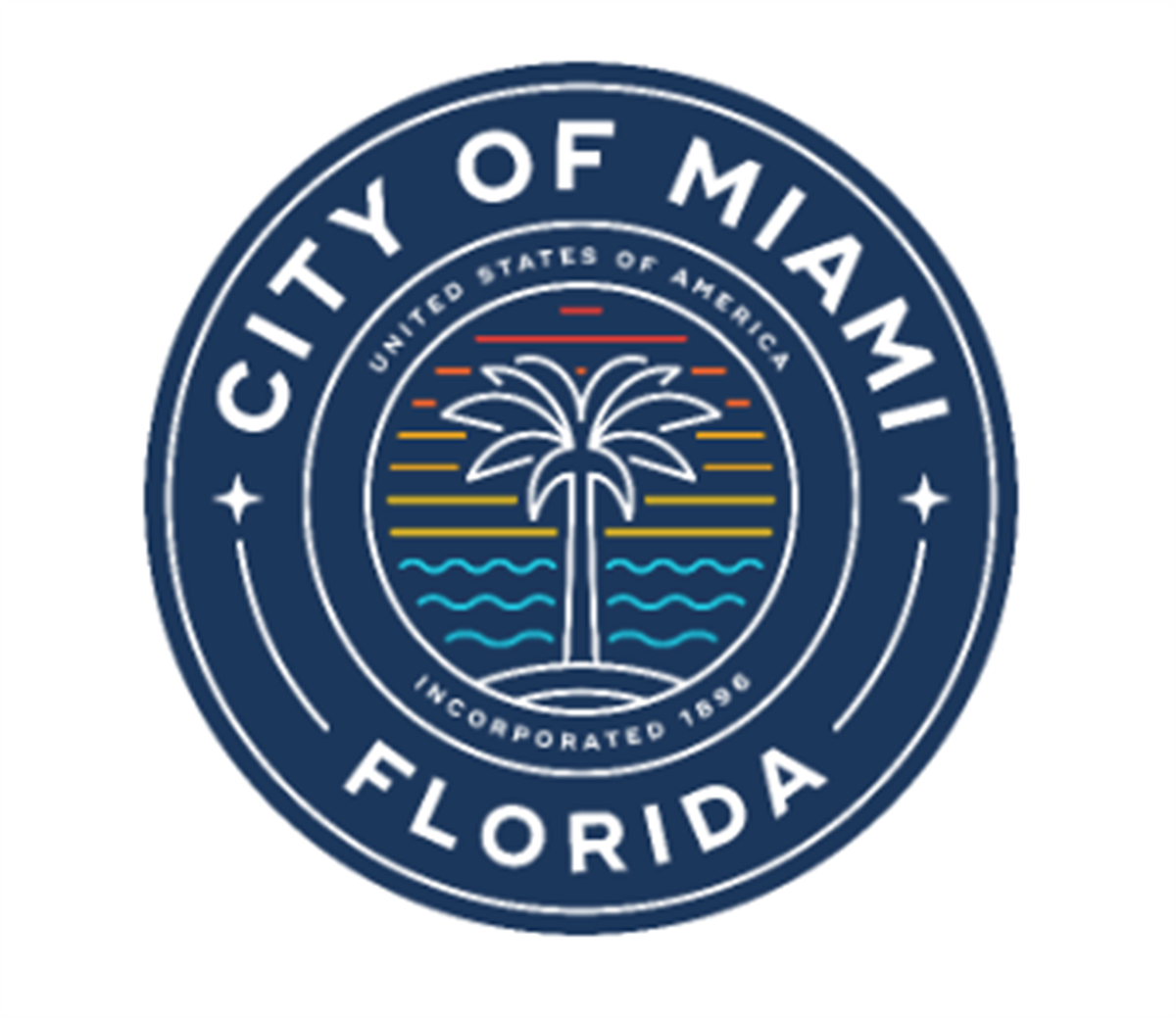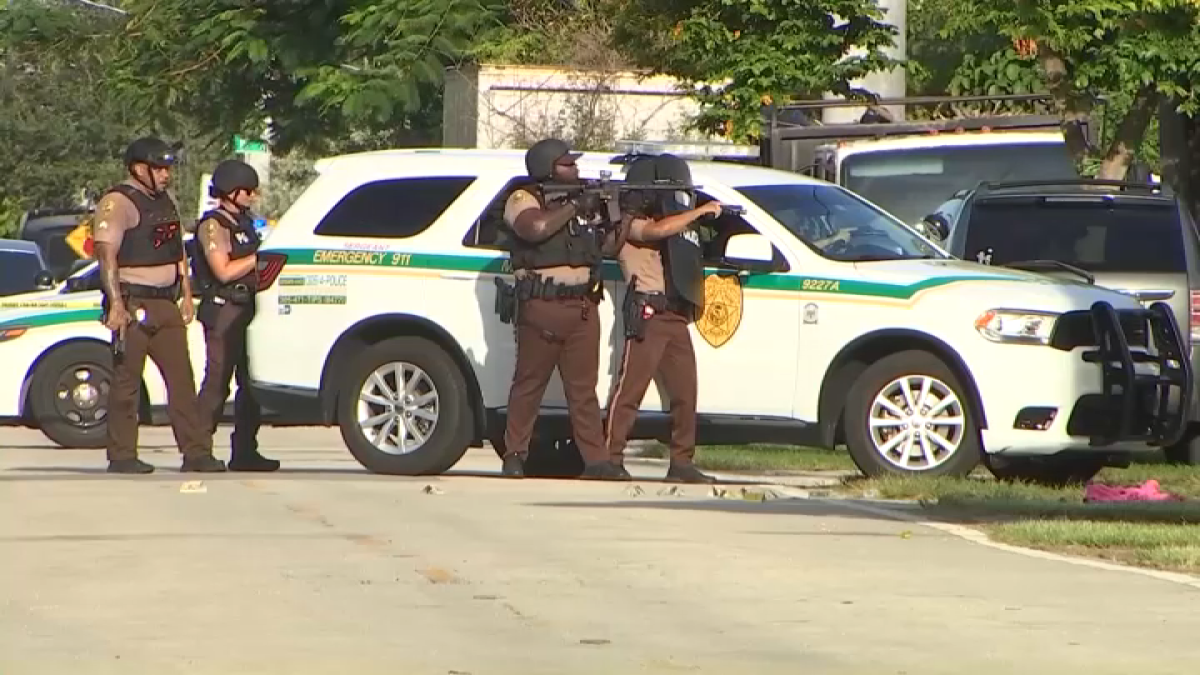Border Patrol’s new chief patrol agent in Miami vows crack down on human smuggling

MIAMI – There’s a new chief patrol agent for U.S. Border Patrol’s Miami Sector headquarters, arriving from the Texas-Mexico border during a surge in maritime migration from Cuba and Haiti.
The U.S. Border Patrol’s Miami Sector safeguards 1,200 miles of coastal border with six Border Patrol Stations throughout the state of Florida.
Chief Walter “Neil” Slosar, an El Paso, Texas native, comes to the Miami Sector from the El Paso Sector, where he served as the Acting Deputy Chief Patrol Agent. As Chief Patrol Agent of Miami Sector headquarters, Slosar oversees all U.S. Border Patrol operations in North Carolina, South Carolina, Georgia and Florida.
Local 10 News reporter Christina Vazquez sat down with the new chief about what efforts are underway to stop human smugglers, who he says put the lives of migrants at risk.
“The criminal organizations that overload these vessels sacrifice the safety of the migrants for the sake of profits,” Slosar said.
Ad
Related Link: One & Only Exclusive: First line of defense — U.S. Customs’ Air and Marine Ops keep coastal borders safe.
Video shows more than 350 people from Haiti crammed on a boat that ran aground in the Florida Keys earlier this year.
A woman in a yellow shirt can be seen wiping the sweat from her brow as a young person straddles an open cabin window.
Thankfully, all survived.
Related Link: Boat carrying hundreds of Haitian migrants makes landfall in Key Largo
“They are just standing room only on those boats, not enough water, not enough life preservers,” Chief Patrol Agent Walter “Neil” Slosar said. “It is a huge tragedy just waiting to happen.”
Ad
Slosar is coming to South Florida from the El Paso sector at a time when federal data documents what we can see along our coastline — an uptick this fiscal year in suspected smuggling events.
Many of the recent migrants are from Cuba and Haiti.
“There are certain events that are occurring in their country that have led to people wanting to leave,” Slosar said, adding that smugglers want to take advantage of these people.
“Our number one concern is preservation of human life,” he said.
With experience on America’s southwest land border, Slosar says our vast coastline presents a unique challenge.
“What are some of the differences operationally?” Vazquez asked.
“Along the southern border, I can just look over. There is no water where I have been at,” Slosar said. “I can have conversations with communities on the south side and this side.”
“There is a big body of water in between us, so it extends the border to a wider border area we are looking at,” he added. “In the southwest border, it is always we are going to enter here, we are going to transit out of the area, but Florida is a destination area … I am definitely looking to engage internationally just to have a safer border environment.”
Ad
Slosar said he will also make sure medical and safety checks are happening.
One way he is doing that is by taking to Twitter, posting updates, pictures and video.
“So that people understand the dangers going on,” he said. “I have actually seen it resonate in other countries. People in other countries are retweeting that message. It is a powerful thing to witness.”
Slosar is trying to get his message to those considering the dangerous journey that smugglers place profit, he says, above the value of human life.
“And don’t sell everything you own, because if you are encountered, we are going to apprehend you, know who you are, put you in the process and quite possibly you are going to be removed from the country,” he said.
A new border patrol marine unit of highly-trained vessel operators is laser-focused on spotting evidence of human smuggling. “Similar to working on a highway, certain things will raise our suspicion,” Acting Division Chief Adam Hoffner said. “Some vessels will be a foreign flight vessel (and we’ll) investigate those.”
Ad
“Historically, we will see vessels overloaded,” he added.
And while South Florida’s geography may be different from our nation’s southwest land border, Slosar highlights a continuity in strategy in combatting the cruelty inherent to human smuggling operations.
“Are there any strategies you saw work really well on the land border that can be applied here?” Vazquez asked.
“Intelligence-driven operations and then engaging with our partners in other countries so we can stem or have more situational awareness of what is coming across the border,” Slosar said. “Don’t want to see anyone losing their life. It is a dangerous, dangerous journey.”
On April 18, Slosar posted on Twitter that in this fiscal year “agents have responded to 91 maritime smuggling events that have made landfall in Florida.”
That includes these suspected maritime smuggling events in the Florida Keys since the start of March through April 18, 2022:
Ad
· March 1: 12 Cuban migrants
· March 6: 356 Haitian migrants (of those, nearly 200 went into Border Patrol custody; the rest were processed through the Coast Guard for repatriation to Haiti.)
· March 9: 29 Cuban migrants
Ad
· March 10: 10 Cuban migrants
· March 12: 17 Cuban migrants
· March 14: Approximately 140 Haitian migrants
Ad
Related Link: About 140 Haitian migrants land in Florida Keys
· March 15: 123 Haitian migrants
· March 17: 16 migrants
Ad
· March 18: 10 migrants
· March 19: 15 Cuban migrants
· March 20: 10 Cuban migrants
Ad
· March 21: 28 migrants
· March 24: 8 migrants
· March 24: 15 migrants from Cuba
Ad
· April 1: 6 Cuban migrants; “during the search, one person was found deceased.”
· April 2: 15 Cuban migrants
· April 4: 77 people apprehended in the Florida Keys from 4 different countries.
Ad
· April 15: 8 migrants “in 2 separate events originating from Cuba.”
· April 17: 11 Cuban migrants
· April 18: 22 Cuban migrants
Ad
According to U.S. Coast Guard data, their crews from the start of the fiscal year in Oct. 1 to March 14 have rescued 1,193 Haitians compared to:
· 1,527 Haitian migrants in fiscal year 2021
· 418 Haitian migrants in fiscal year 2020
· 932 Haitian migrants in fiscal year 2019
· 609 Haitian migrants in fiscal year 2018
· 419 Haitian migrants in fiscal year 2017.
According to U.S. Customs and Border Protection, “Slosar officially entered on duty in this capacity on February 27, 2022, and succeeds Chief John Modlin, who recently transferred to the Tucson Border Patrol Sector as the Chief Patrol Agent.”
The U.S. Border Patrol Miami Sector works in partnership with local, state and federal law enforcement agencies to disrupt transnational criminal operations.
To report suspicious border activity in Florida, call 877-772-8146.
Copyright 2022 by WPLG Local10.com – All rights reserved.


